When it comes to operating a dump trailer, many owners find themselves grappling with an essential question: do I really need insurance for my dump trailer? The answer is not a straightforward yes or no; it encompasses various factors that can significantly impact your financial and legal standing. In this guide, we dive deep into the nuances of dump trailer insurance, unveiling how to protect your investment while ensuring compliance with regulations.
Understanding Dump Trailers and Their Usage
What is a Dump Trailer?
A dump trailer is a type of trailer designed to transport various materials, such as dirt, gravel, sand, and even construction debris. Typically featuring a hydraulic lift system, dump trailers allow users to unload materials without manual effort. They are commonly used in landscaping, construction, and large-scale hauling applications.

Common Uses of Dump Trailers
- Construction Projects: Essential for transporting site materials.
- Landscaping: Ideal for moving soil, mulch, and landscaping stones.
- Waste Removal: Convenient for taking debris to disposal sites.
- Agriculture: Used for hauling feed, grains, and other farm materials.
The versatility of dump trailers makes them valuable assets for businesses and individuals alike, but it also underscores the necessity of protecting these investments.
The Case for Dump Trailer Insurance
Legal Requirements
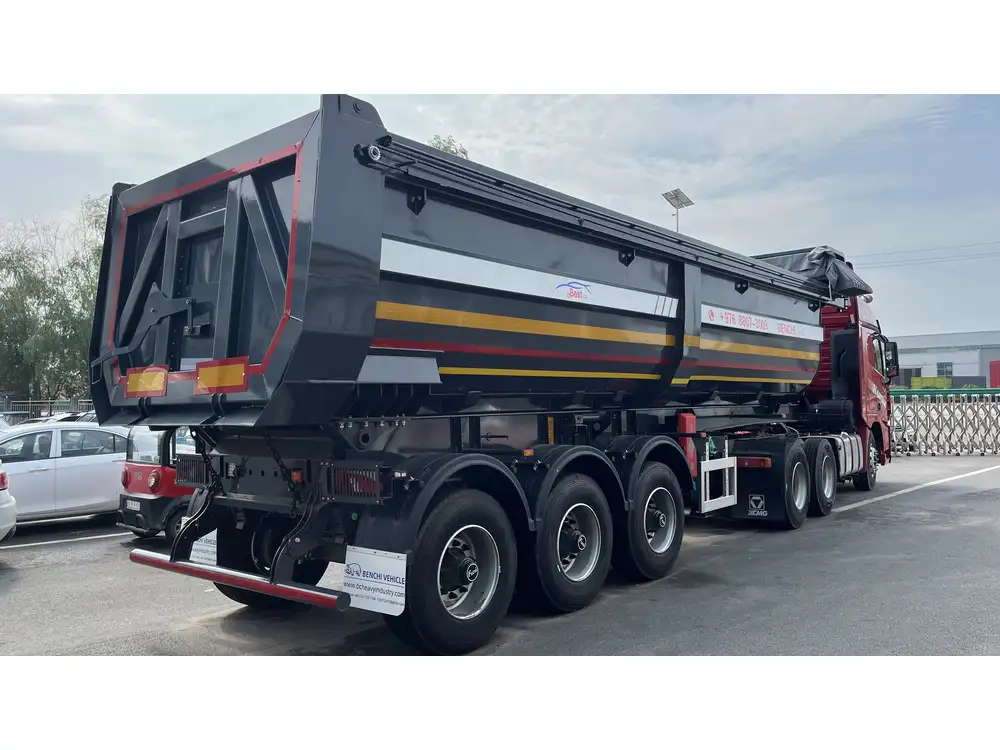
State Regulations
The first layer of consideration entailed in the decision of whether to insure a dump trailer stems from state regulations surrounding trailer usage. While some states may not mandate specific insurance for trailers, others impose requirements that necessitate coverage. It’s crucial to research your local laws to ensure compliance.
Financial Protection
Even absent legal mandates, transporting valuable cargo in a dump trailer comes with inherent risks. Accidents, theft, or damage can lead to significant financial burdens. Here’s how insurance can help:
| Risk Factor | Potential Financial Impact |
|---|---|
| Accidental Damage | Repair costs can skyrocket, especially for specialized equipment. |
| Theft | The loss of a trailer can result in thousands of dollars gone. |
| Liability Claims | Damage to third-party property or injury that may result in costly claims. |
Coverage Options Available
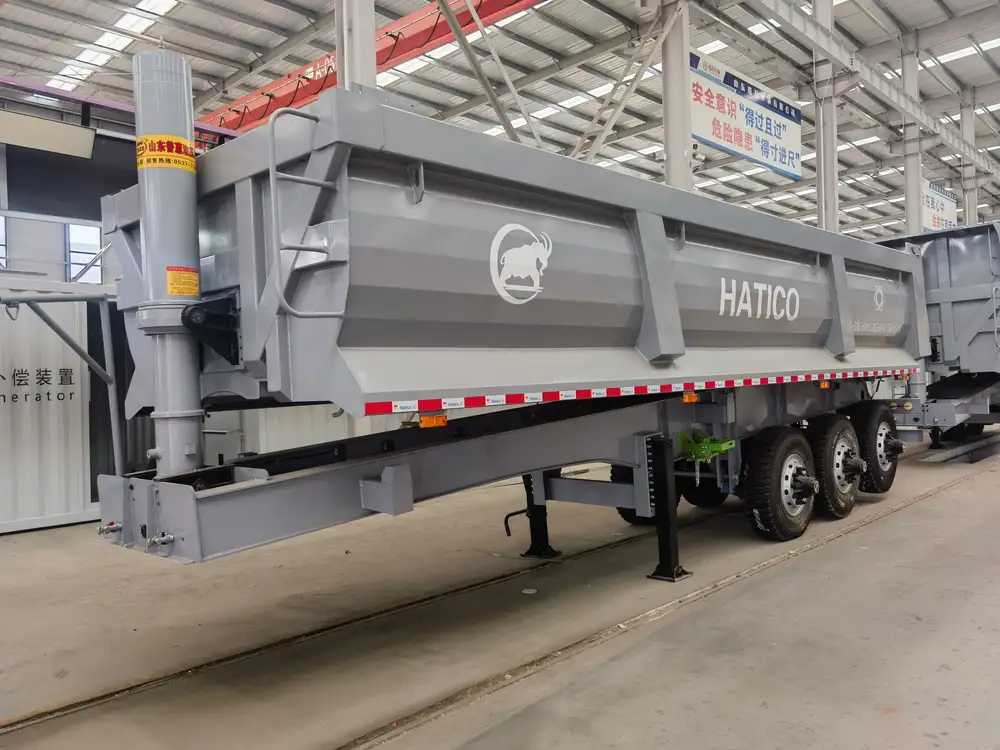
Types of Insurance for Dump Trailers
- Liability Insurance: Protects you from claims of bodily injury or property damage to others.
- Collision Coverage: Covers damages to your dump trailer due to accidents involving other vehicles.
- Comprehensive Coverage: Protects against theft, vandalism, and natural disasters.
- Uninsured/Underinsured Motorist Coverage: Offers protection if you’re involved in an accident with an underinsured driver.
Cost of Not Having Insurance
Operating a dump trailer without insurance can seem like a cost-saving measure at first glance, but the potential financial repercussions could be devastating. Here are several scenarios illustrating the risks involved:
| Scenario | Potential Cost |
|---|---|
| Accidental Damage to Property | Thousands in repairs. |
| Injury to a Bystander | Legal fees and settlement costs upwards of $100,000. |
| Theft of Your Dump Trailer | Replacement costs ranging from $5,000 to $20,000. |
Evaluating Your Insurance Needs

Assessing Your Usage
Personal vs. Commercial Use
Your insurance needs will vary based on how you use your dump trailer. Consider the following:
- Personal Use: If you infrequently use your trailer for occasional landscaping projects, your insurance needs may be minimal.
- Commercial Use: For businesses relying on dump trailers for everyday operations, comprehensive coverage becomes essential.
This distinction often impacts policy costs and types of coverage required.
Load Types and Capacities
The nature of the loads transported also affects your insurance considerations. Trailers used to carry heavy payloads or hazardous materials may require specialized coverage that is more expensive yet necessary.
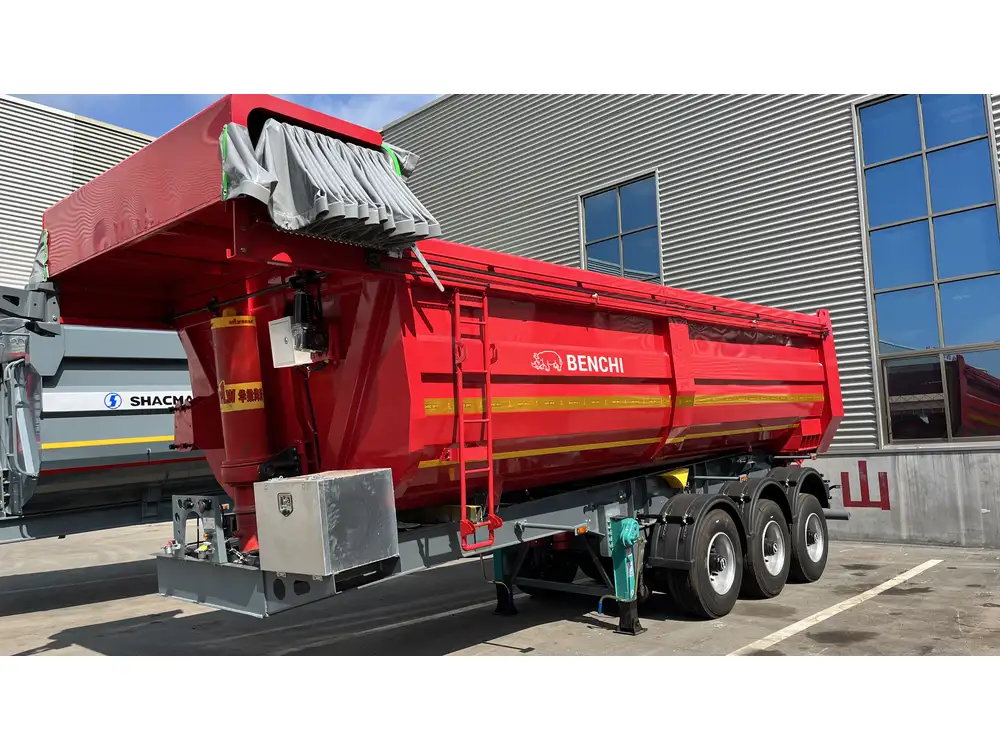
Frequency of Use
Regular usage increases the likelihood of accidents or mishaps. If your dump trailer sees frequent use, investing in insurance can mitigate long-term risks and costs.
Choosing the Right Insurance Provider
What to Look For
When selecting an insurance provider, consider the following key factors:
- Reputation: Research reviews and ratings. Choose a company recognized for excellent customer service and claims handling.
- Coverage Options: Ensure they offer all necessary coverage types tailored to your use case, whether personal or commercial.
- Premiums and Deductibles: Compare premiums across different providers, keeping an eye on deductible options that might affect your out-of-pocket costs.
- Customer Support: Assess the level of support they provide, particularly during the claims process.
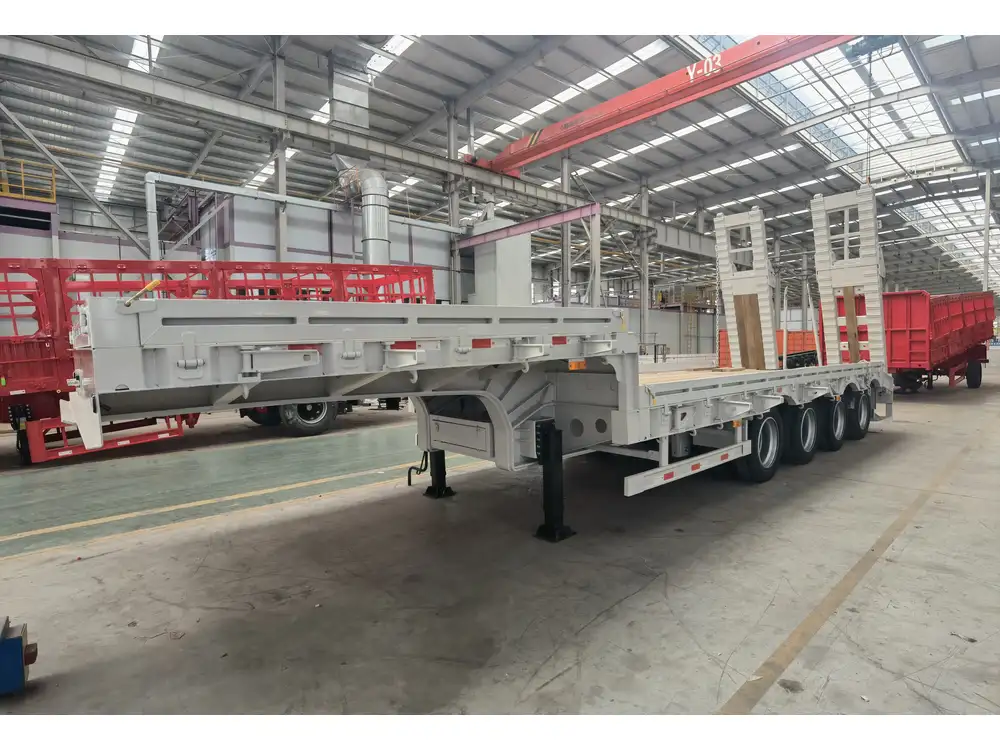
Getting Insurance Quotes
Gathering multiple quotes can help you find the best coverage at competitive rates. It is advisable to provide complete documentation about your trailer’s specifications, usage patterns, and any previous claims to obtain accurate quotes.
Frequently Asked Questions
Is Dump Trailer Insurance Expensive?
Many factors influence the cost of dump trailer insurance, including state requirements, coverage types, and usage frequency. Generally speaking, premiums can range from a few hundred to several thousand dollars annually, depending on these factors.
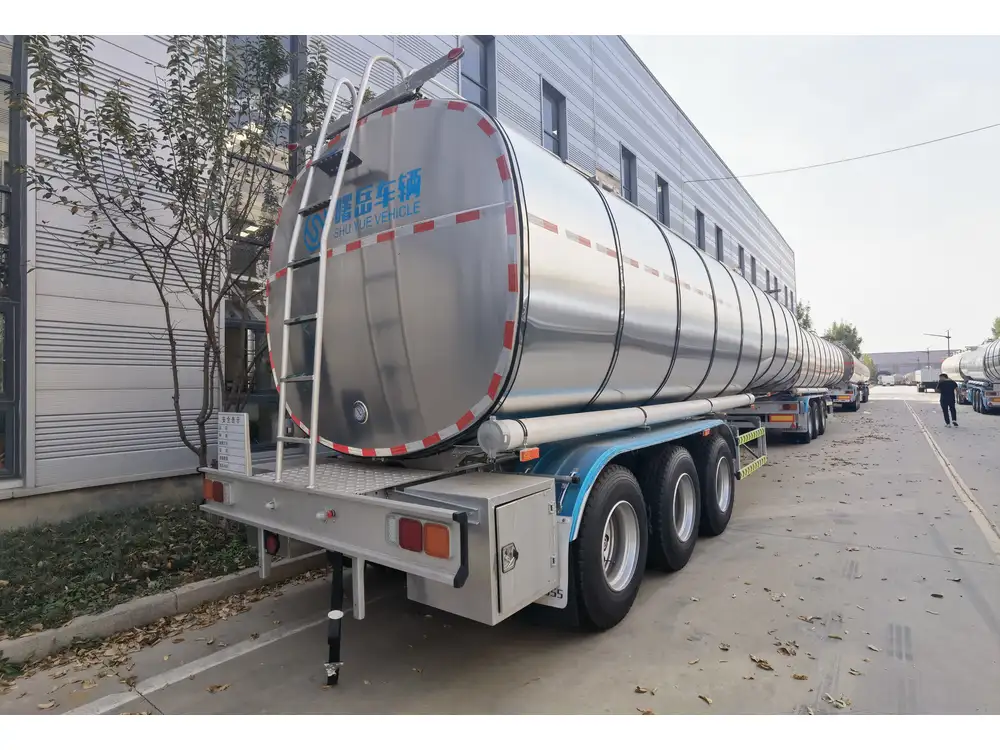
Can I Use My Vehicle’s Insurance for My Dump Trailer?
While some personal auto policies offer limited coverage for trailers, they often fall short of comprehensive protection. It is advised to have a policy specifically tailored for your dump trailer.
What Happens If I Don’t Insure My Dump Trailer?
In addition to potential legal repercussions in areas with mandatory insurance requirements, not insuring your trailer could result in catastrophic financial loss in the wake of an accident or damage event.
Do I Need Special Insurance for Commercial Dump Trailers?
Yes, commercial dump trailers typically require more extensive insurance coverage than personal trailers due to greater liability exposure and the need for specific cargo endorsements.

Is It Possible to Insure a Used Dump Trailer?
Certainly! The age or condition of the trailer does not preclude you from obtaining insurance. Providers will assess its value and usage patterns to offer appropriate coverage.
Conclusion
Navigating the insurance landscape for a dump trailer requires a keen understanding of your specific needs, regulatory requirements, and potential risks. While you may initially question the necessity of insurance, the benefits it provides – from financial protection against accidents and liability to compliance with state laws – far outweigh the costs associated with obtaining it.
Ensuring that your dump trailer is properly insured not only safeguards your investment but also provides peace of mind, allowing you to focus on your projects without undue worry over potential mishaps. By evaluating your usage, exploring coverage options, and consulting with a knowledgeable insurance provider, you’ll be equipped to make informed decisions that bolster your operational security.
In summary, whether for personal or commercial use, ensuring your dump trailer is adequately covered is a vital step in protecting both your assets and your peace of mind. So, the next time you ponder the question, “Do I need insurance for a dump trailer?”, remember that the risks of insuring far outweigh the potential pitfalls of not doing so. Secure your business and investment today to drive into the future with confidence.



